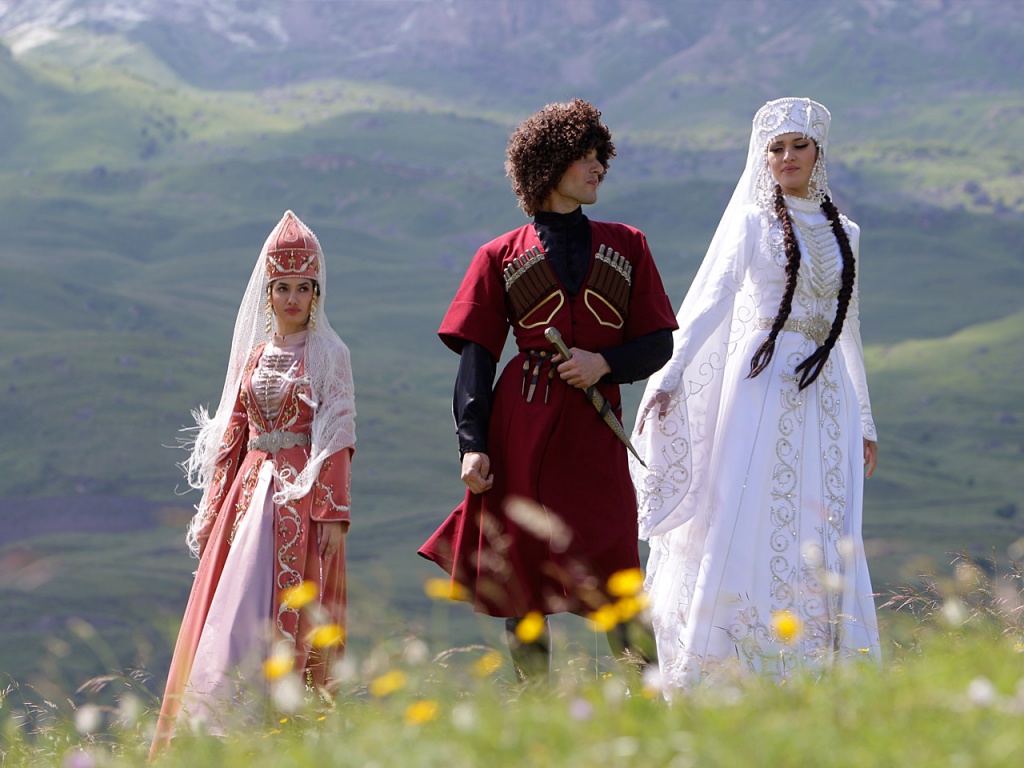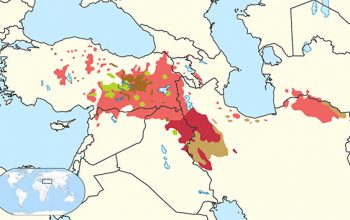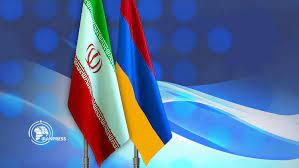
NODAR TCHANBA (Republic of Abkhazia)
PhD in Arts, Corresponding Member of the International Academy “Ararat”,
Leading Researcher at the Center for Comprehensive Art Research (Saratov, Russia).
CULTURAL CODES OF THE PEOPLES OF THE CAUCASUS IN THE NART EPIC
The Nart epic is one of the oldest epics in the world. It is among the oldest monuments of world spiritual culture, such as the Sumerian “Song of Gilgamesh”, the Indian “Mahabharata”, the ancient Greek “Iliad” and “Odyssey” and others. Nart legends are widespread among the Abkhaz-Adyghe peoples and Ossetians, partially found among Balkars, Karachais and Vainakhs, as well as among some other peoples of the Caucasus. Among Abkhazians, Nart legends exist in three forms: a) prosaic; b) poetic; c) mixed: musical-poetical-prosaic. Besides, there is a separate stratum of musical folklore – Nart songs – that lives independently from the epic.
There are various versions of the Nart epic, reflecting the ethnic and geographical characteristics of peoples and regions, but this is not the point, the essence is the mighty stem of the epic, which is a system of unshakable universal human values, such as human destiny, nobleness, freedom, justice, courage, patriotism… The time scope of the Nart epic from matriarchy to medieval feudalism is colossal. However, class ideology was alien to the ancient narts; they were guided by the archaic rules of freedom and democracy. The main characters of the epic are Sasrykua and his brothers, noble, fearless narts whose main goal is to confront evil and establish justice on earth. To do this, they fight with foreigners, cannibalistic giants, witches, crusade in order to obtain benefits for themselves and other people. The Nart epic contains a number of important and valuable caucasian concepts of the ideal hero, duty and morality: “heroes”, “fought for the truth”, “promoted kindness and mercy”, “protected from various enemies”. A hero is a carrier of physical strength and nobility. “Fighting for the truth” is one of the most valuable qualities that every Abkhaz must possess, i.e. to be ready to defend the truth not only by means of words, but, if necessary, with weapons in hands, risking his life. “Doing good and mercy” for people is a sign of nobility, high spirit and self-awareness as a part of the whole. To do good to someone in the end is to save good to oneself. “He who does good meets good,” says the Abkhaz proverb.
One of the Nart songs gives a relief portrait of the narts, it says: “The narts were always looking for the truth, they forced the repentance of evil, they were cruel with cruel ones, good with good ones, great with great ones, and small with small ones.” Heroics, based on the images of epic narts occupies in the folklore of many peoples of the Caucasus a dominant position. The ideas of heroism, courage, fidelity to duty, high moral principles saturated the whole life of the highlanders, and were inculcated in men from birth; the mother told the baby about the heroes, interspersing in the words of the lullaby the qualities that a man should possess. High moral principles were inculcated in girls. And of course, the main examples were the great mother of the Narts, Sataney and her incomparable daughter, Gunda.
One of the indispensable qualities of any Caucasian home is hospitality, which has never been just a formal execution of tradition. And today the Abkhazians say “God sends a guest.” This means that the messenger of God is not only welcome, but everybody is ready to serve him with all his soul, as to God himself. To this day, the Abkhazians honor the moral principles respected by the narts: this is intolerance to such vices as the sin of fornication, theft, and envy. For fornication and theft, the guilty ones are punished with the contempt of society and today they are often expelled from the family, from the village. In the life of the narts, music and dancing occupied a large place. After long campaigns for obtaining goods, after hunting, after mastering knowledge and various crafts, the narts were having rest: feasted, sang and danced. Nowadays, the ability of modern Caucasians to sing, dance and organize magnificent festivities is widely known.
Regardless of the extent of the spread of the heroic Nart epic, all peoples possessing it can be proud of their involvement in a unique monumental work, the source of an ancient spiritual culture. The cultural codes the Nart epic is imbued with are a living measure on which many peoples of the Caucasus can build their lives.


